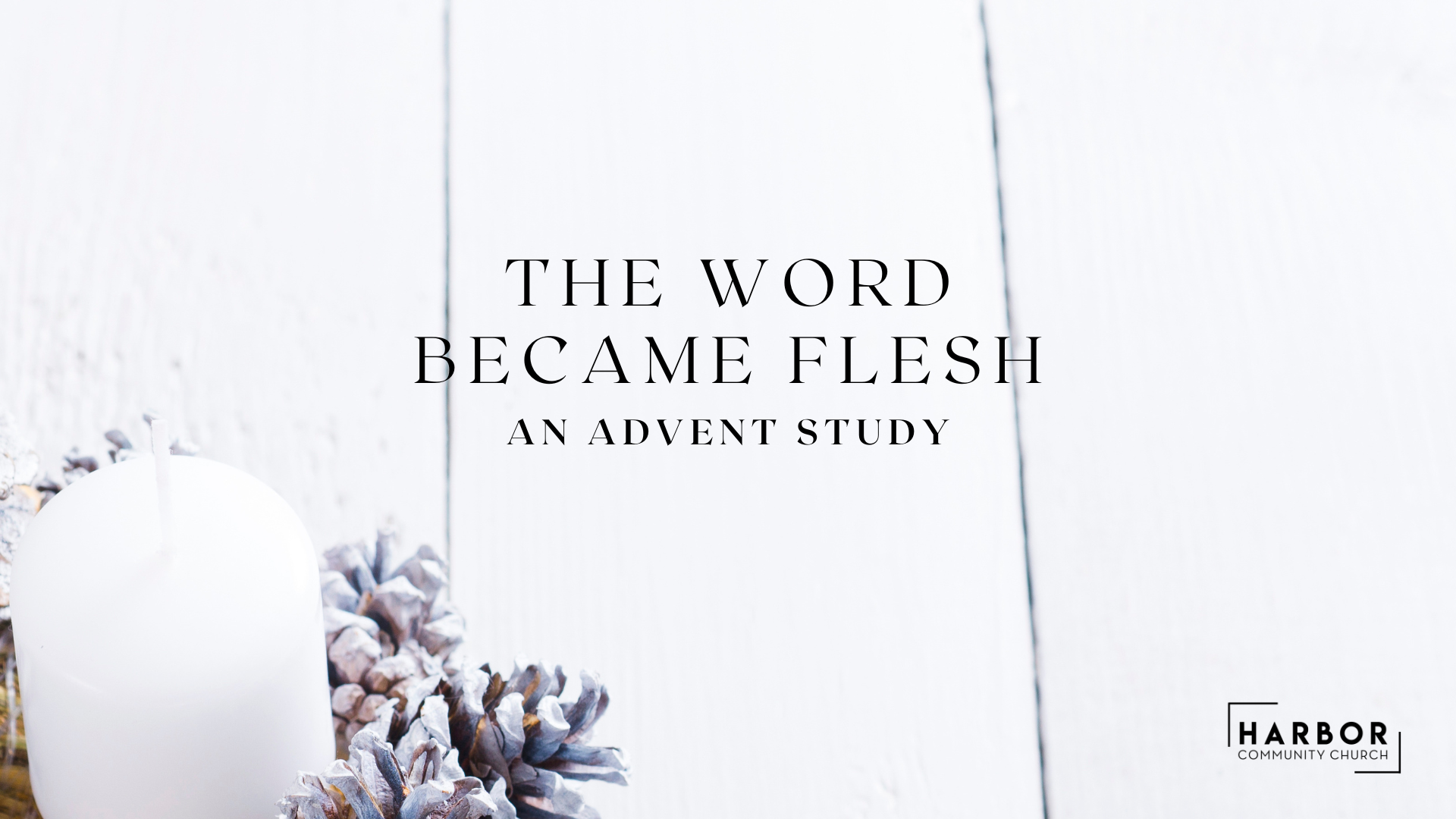DISCUSSION QUESTIONS
How would you summarize the message of John the Baptist?
How should John the Baptist’s message increase our faith in Jesus?
John the Baptist was never committed to exalting himself. Instead, he was committed to exalting Jesus. As Christians, how can we practically adopt a similar way of living?
We see in Acts 1:8 that we, too, are called to be witnesses of Jesus. What are some of the biggest obstacles you face when it comes to sharing your faith with others? How can you become more bold in talking about Jesus with those around you?


















